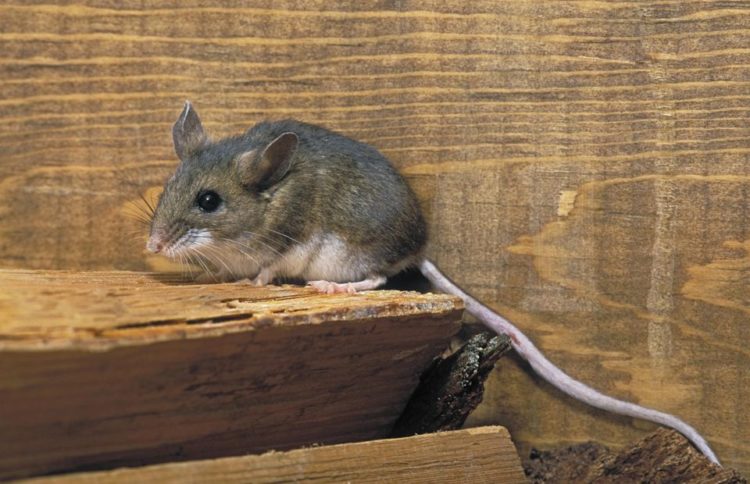Most people don't know that rats and mice worldwide spread over 35 different diseases that can impact humans.
(1) Hantavirus is one of these dangerous infections. Here now are the hantavirus symptoms, hantavirus preventention tips, and hantavirus treatment options you must know.

Early signs and symptoms can include trouble breathing, muscle aches and symptoms associated with a fever. If the virus continues to worsen, it can progress into the life-threatening condition called hantavirus pulmonary syndrome (HPS). (2)

What is Hantarvirus?
Hantaviruses are carried by rodents and shrews, especially in brown rats. There are a number of strains of hantaviruses that are transmitted from several species of rodents. The coasts in the United States, parts of Canada, Asia and Mexico are particularly at risk.
Hantavirus Causes
Rodents often transmit these infections and diseases to people without their knowledge. How? When people come into contact with rodent feces, urine or saliva. The single greatest risk factor for hantavirus infection is a rodent infestation near your home. The virus is passed through aerosolized urine or exposure to dust from the nests of infected rodents. Infected urine or other materials can infect broken skin or the mucous membranes of the eyes, nose or mouth. The cotton rat, deer mouse, rice rat, and white-footed mouse are common carriers of hantaviruses.
 Hantavirus Symptoms
Hantavirus Symptoms
Early signs and symptoms can include trouble breathing, muscle aches and symptoms associated with a fever. If the virus continues to worsen, it can progress into the life-threatening condition called hantavirus pulmonary syndrome (HPS). (2)
Hantavirus symptoms can include:
- Fever, weakness, muscle aches, nausea, vomiting and chills. - Infection of the lungs, trouble breathing and respiratory distress. - Intense headaches, back and abdominal pain, fever, blurred vision, flushing of the face. These signs, plus inflammation or redness of the eyes, or a rash, are often attributed to HFRS. Symptoms of HFRS include low blood pressure, acute shock, vascular leakage, and acute kidney failure.3 Hantavirus Prevention Tips
Hantavirus prevention is important because there is currently no specific treatment available that helps a high percentage of patients who have the virus. There is no known cure or vaccine.1. Reduce or Eliminate Contact with Rodents & Their Droppings
Many don't realize they are coming into contact with rodents or their droppings. Rodent control in and around the home remains the primary strategy for preventing hantavirus infection. (3) To minimize your potential exposure to hantavirus, seal up any holes or gaps in your walls or garage. A solid wall prevents rodents and insects from invading your home. Small mice can squeeze through a hole that’s only about the size of a nickel. Typical exposure points include under or behind kitchen cabinets, refrigerators, pipes, washing machines, hot water heaters and stoves. Also check around furnaces, fireplaces, doors, floor vents, dryer vents, attics, basements, crawl spaces and laundry rooms. It might also be wise to place rodent traps with peanut butter around your home.2. Keep Your Home & Yard Clean to Prevent Attracting Rodents
Never leave food, garbage or scraps around your home. Food scraps attract rodents and other animals. When camping or grilling outside, always clean up any waste and food. If rodents are already present, speak with a professional exterminator. 3. Strengthen & Support Your Immune System While a strong immune system might not fully protect you from getting hantavirus, it can help. Increasing your immunity should help you recover quicker and lower the odds that you’ll develop any serious complications. Here are some superfoods that can increase protection against hantavirus symptoms.





